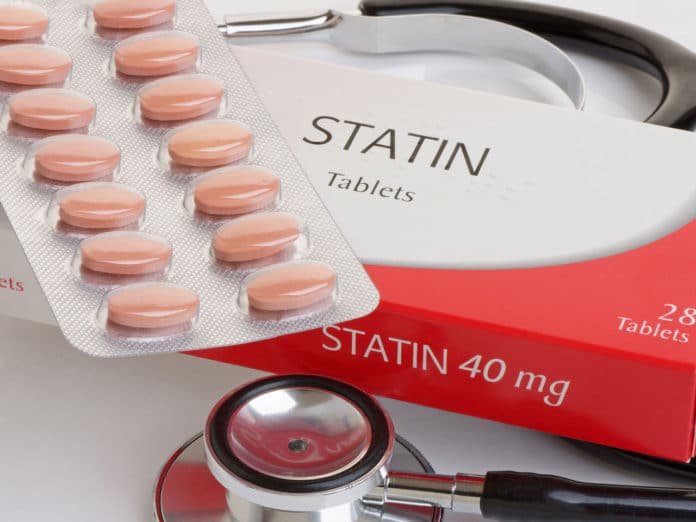Using a genetic epidemiological methodology known as Mendelian randomization, which can all the more dependably assess casual connections between characteristics, for example, drug targets, molecular traits, behaviors, and health outcomes, the analysts discovered proof to propose that statins may lower the risk of ovarian cancer.
The findings were shown in both women who had no known family history of ovarian cancer and in those with mutations in BRCA1 or BRCA2 genes that put them at a higher lifetime risk of the disease.
ALmost 22, 406 women with ovarian cancer and 40,941 women without ovarian cancer (controls) were involved in the study. The study surveyed the relationship of statins with ovarian cancer risk in 3,887 women with the ovarian disease, who were likewise carriers of BRCA1/2 mutations and contrasted these and 27,561 women without ovarian cancer who were additionally transporters of BRCA1/2 mutations.
James Yarmolinsky, Integrative Cancer Epidemiology Programme Research Associate in the Bristol Medical School: Population Health Sciences (PHS), who led the research, said: “While previous findings have suggested a correlation between statin use and a lower risk of ovarian cancer, these are the first findings to suggest that this relationship may be causal.“
“If our findings were to be confirmed in a randomized controlled trial, statin use could be a viable non-surgical approach for reducing the risk of women developing ovarian cancer in the future, including women who are carriers of BRCA1/2 mutations and are thus at increased risk of developing ovarian cancer over their lifetime.”
In other words, the study suggests that statins might be a new method for cancer prevention.
Richard Martin, Professor of Clinical Epidemiology in the Bristol Medical School: (PHS), added: “While the research suggests a potential protective role in ovarian cancer risk, these findings alone cannot establish whether taking these drugs would lower cancer risk.“
“The potential protective effects of taking these drugs would need to be shown in a randomized controlled trial first before statin therapy could be encouraged as a method for reducing ovarian cancer risk.”
Scientists are next planning to test the study’s findings in independent datasets using alternative epidemiological approaches along with unpicking the potential biological mechanisms underlying this association.
The study is published in the journal JAMA.
